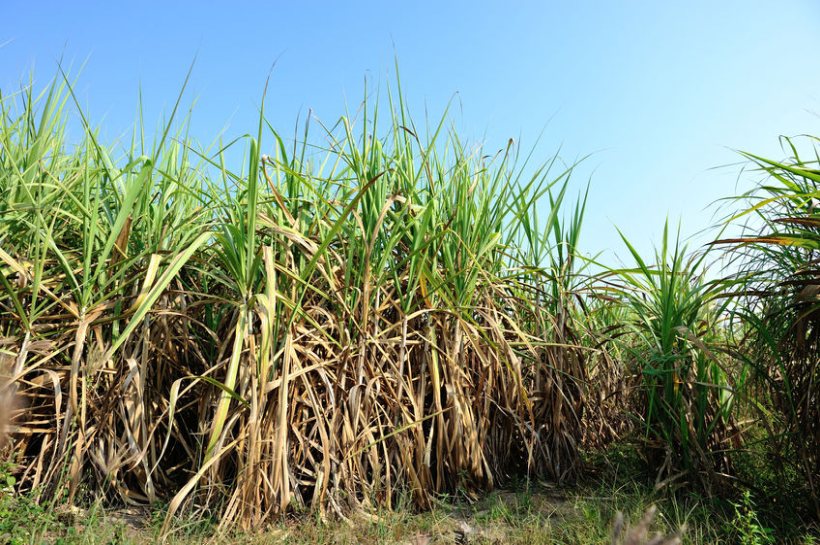
The NFU has welcomed the government's decision to not expand the autonomous tariff quota (ATQ) on raw cane sugar for the rest of 2023, with calls now made for it to be scrapped.
It follows a two-week consultation launched in September by the Department for International Trade to review whether an expansion of the quota might reduce sugar prices.
While the NFU said it was 'pleased' that feedback from farmers and growers had been taken onboard, it said it remained 'opposed to the quota in its entirety'.
After the UK left the EU, the government allowed a 260,00 tonne tariff-free quota of raw cane sugar to enter the UK from anywhere in the world.
ATQs allow imports up to a given quantity of a good to come in at a lower or zero tariff for a specified period of time.
The NFU reacted to the development at the time with 'serious concerns', warning that such imports were grown to production standards that would be illegal in the UK.
The union added that the quota would 'undermine thousands of UK sugar beet growers', and 'seriously jeopardise the viability of the home-grown crop'.
Responding to today's news, NFU sugar board chair Michael Sly said: “While we are pleased that the government has listened to feedback, we remain opposed to the quota in its entirety.
“British sugar beet growers are some of the most efficient in the world but allowing tariff-free access to sugar from any country – some of which is produced in ways which would be illegal here in the UK – simply undercuts our homegrown sector.
"This is at a time when growers are already facing immense pressure from the cumulative effects of the government’s broader trade policy and inflationary costs are continuing to spiral."
The majority of UK raw cane sugar imports come from Brazil, accounting for 52% of non-EU imports in 2021, 64% in 2022, and 70% to July this year.
Brazilian growers have access to a number of plant protection products which are illegal in the UK.
Mr Sly added: “We will continue to work with government to highlight the impact of the ATQ on British growers.”
